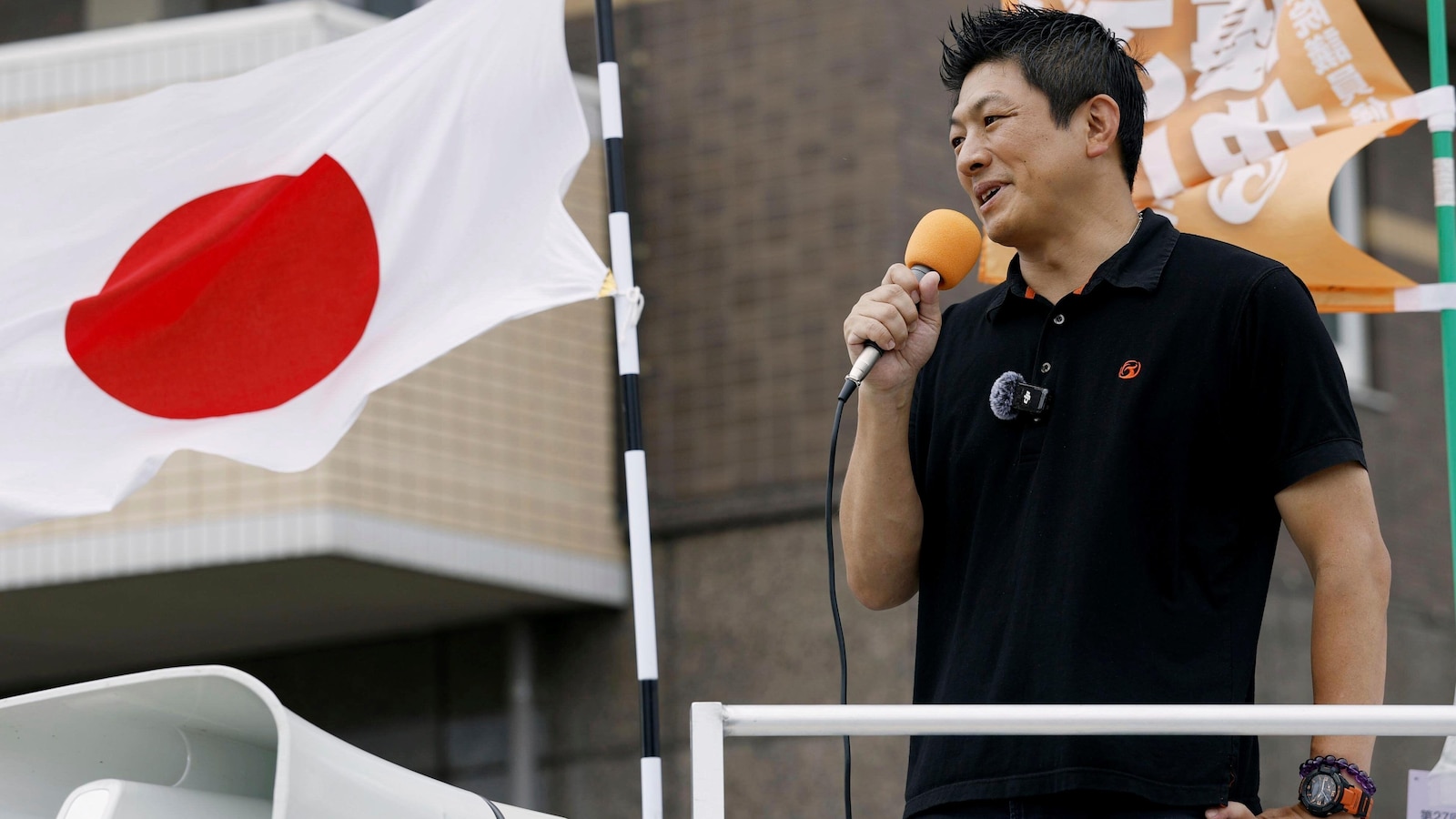ARTICLE AD BOX
The American Civil Liberties Union filed a new challenge Wednesday seeking to reverse President Trump’s use of the Alien Enemies Act to deport Venezuelan gang suspects.
The ACLU said the law is meant for wartime situations but Mr. Trump has stretched it beyond the breaking point by trying to use it on gang members rather than foreign troops, and at a time when the U.S. is not at war with their countries.
The lawsuit comes just two days after the Supreme Court nixed the ACLU’s previous attempt to halt deportations through a class action lawsuit filed in Washington. The high court ruled that deportations under the 1798 law could be brought in court, but they had to be “habeas” cases, which are specific challenges to arrest and detention, and they have to be brought in the jurisdiction where someone is being held.
That’s why the new case was filed in southern Texas, where the government is holding Venezuelans who are believed to be staging for future deportation flights.
Mr. Trump has declared Tren de Aragua, a Venezuelan gang whose members streamed into the U.S. during the Biden border chaos, to be engaged in an invasion or predatory incursion of the country. And the government has now classified TdA as a terrorist organization.
That, the administration says, is enough to trigger Mr. Trump’s powers under the Alien Enemies Act to carry out swift deportations faster than the usual immigration law would allow.
The ACLU is challenging Mr. Trump’s reasoning, saying the law can only be triggered when it is a foreign nation involved.
“The United States cannot declare war against Tren de Aragua because it is not a nation,” Adriana Pinon, the ACLU’s lawyer, argued in the court filing.
Mr. Trump last month flew three planeloads of migrants to El Salvador under the AEA. Most of them were Venezuelans the government says are members of TdA.
The ACLU had tried to block the flights, earning an order from U.S. District Judge James Boasberg that the planes be grounded. Trump officials carried out the flights anyway.
The Supreme Court earlier this week ruled that the ACLU had mounted that previous case in the wrong fashion, bringing a general challenge in Washington. The justices said migrants do have a right to challenge in court their deportation under the AEA, but it must be made through a habeas case brought in the court near where they are held.
The justices also said the government must give AEA deportation targets notice that they are about to be ousted under the centuries-old law, and they must have a reasonable time to bring a habeas case.

 3 months ago
69
3 months ago
69








 English (US) ·
English (US) ·